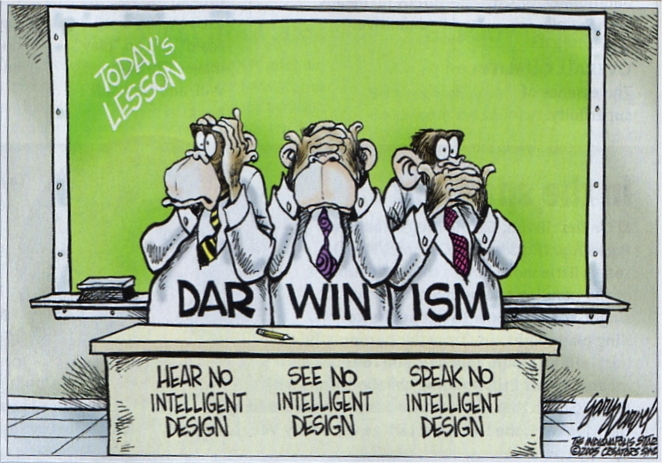For one sweltering week in July 1925, the nation’s newspapers and their sharp-edged pundits, including the sharpest of them, H.L. Mencken, focused on the small town of Dayton, Tenn. Ninety years ago come July 10, two of the 20th century’s most famous lawyers — William Jennings Bryan and Clarence Darrow — squared off in the Rhea County Courthouse roughly two-and-a-half hours from Nashville in what is derisively remembered as the “Monkey Trial.” In a week’s span, evolution vaulted to front and center in the theological and biological debate of man’s primordial connection to primates.
That debate persists today, as surely as the courthouse clock still chimes the hour in Dayton. Much else has changed. Trains still come through town on a daily basis, but these days the rattling boxcars only slow down.
That was not the case in 1925, when passenger service to Chattanooga ferried hundreds of reporters and spectators to the trial. Placid Dayton became a three-ring circus of litigation. Outside the courtroom, Bible salesmen fanned at the heat amongst atheist protestors, sidewalk evangelists, prayer meetings — even a trained chimpanzee. At the center of this carnival was John Thomas Scopes, a first-year teacher and football coach at Rhea County High School.
Scopes was 24 when he was thrust into the spotlight by a publicity stunt gone viral, early 20th century style. The controversy began in 1924, when John Washington Butler, a state representative from Macon County, learned that some Tennessee schools were teaching Darwinism. Butler, a Primitive Baptist, proposed the Butler Act, which prohibited the teaching of evolution.
The act made it unlawful to (continue reading at NashvilleScene)
